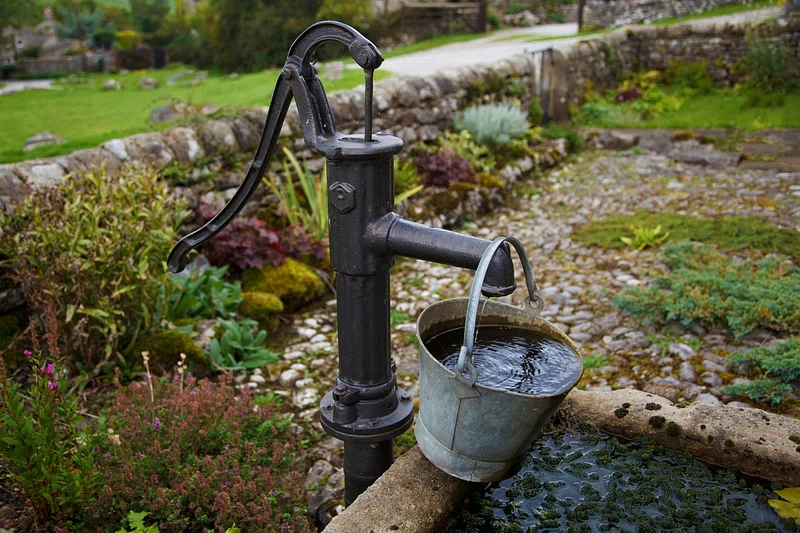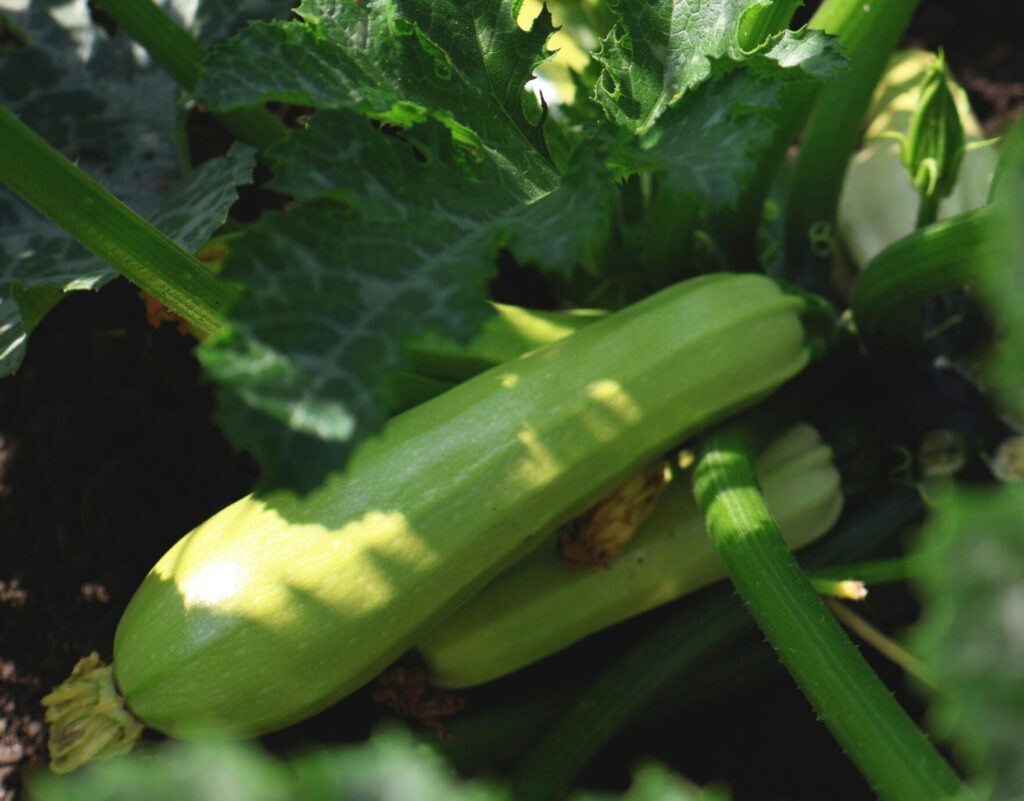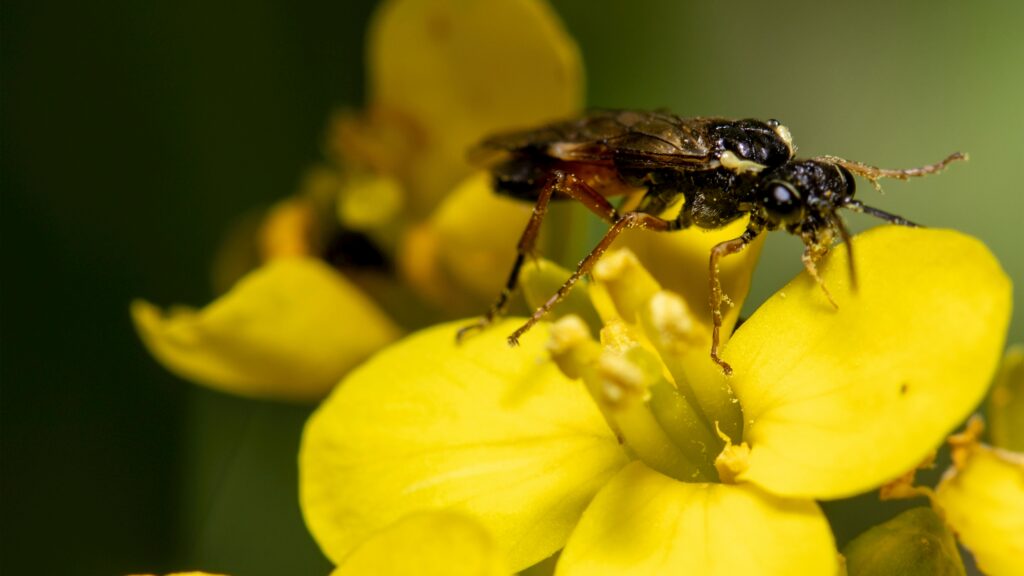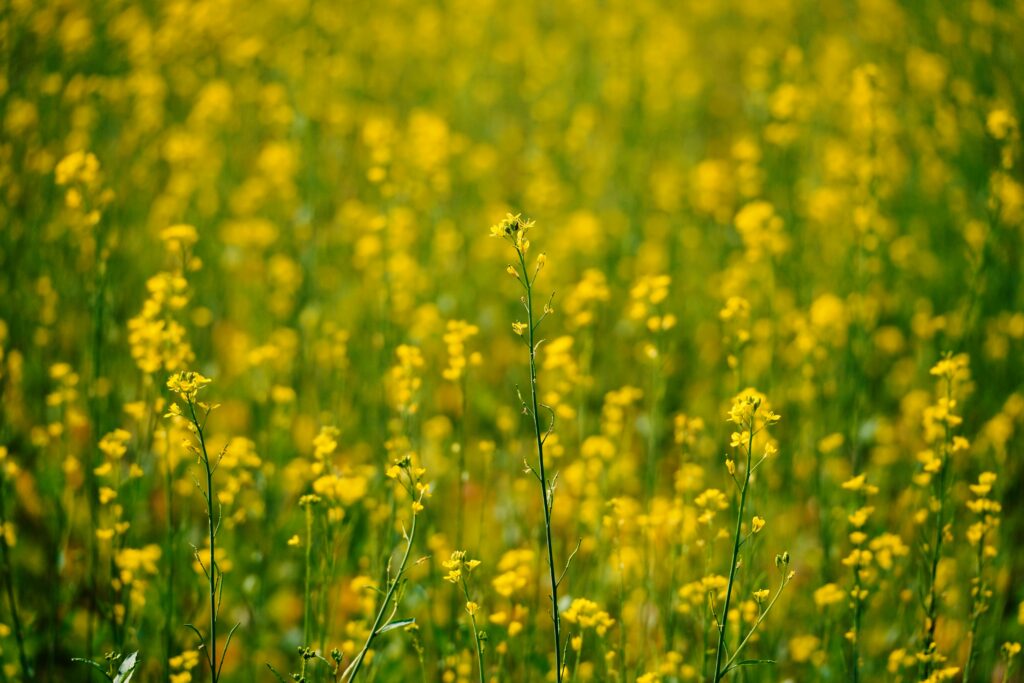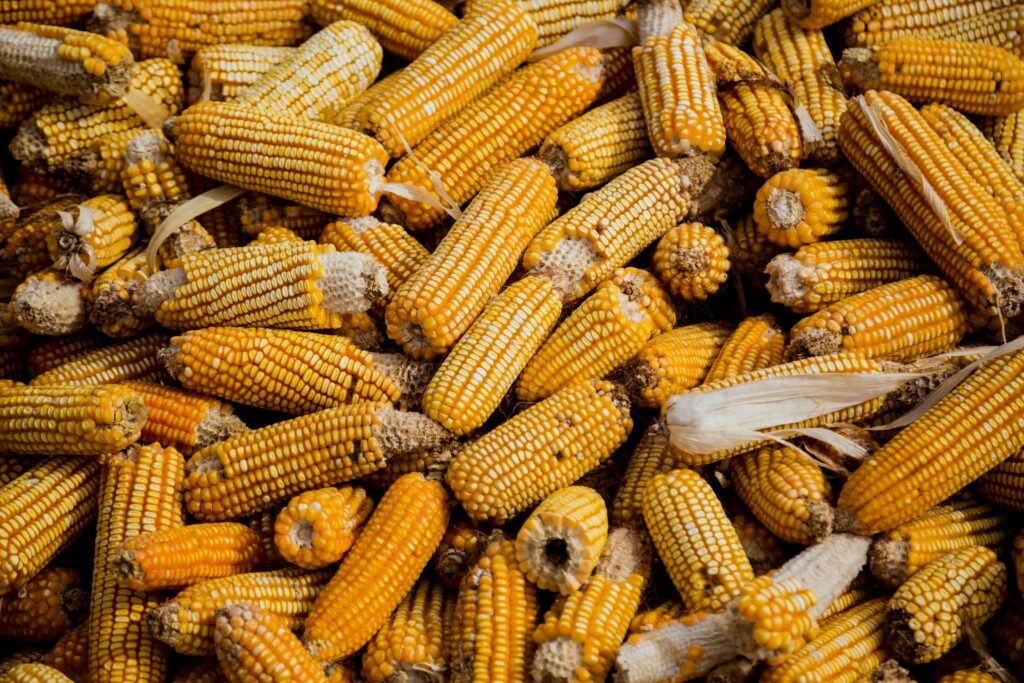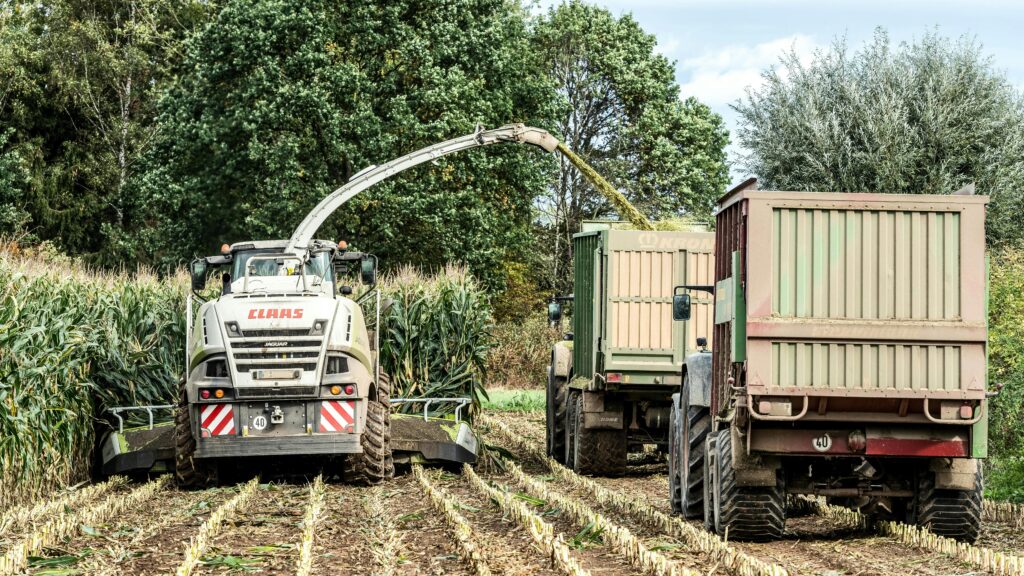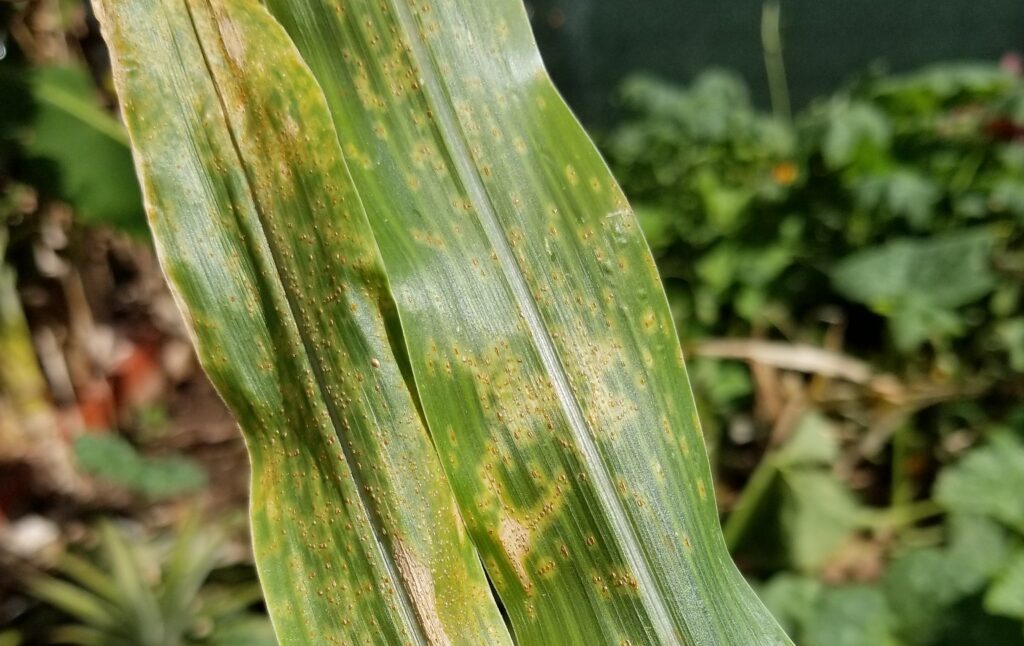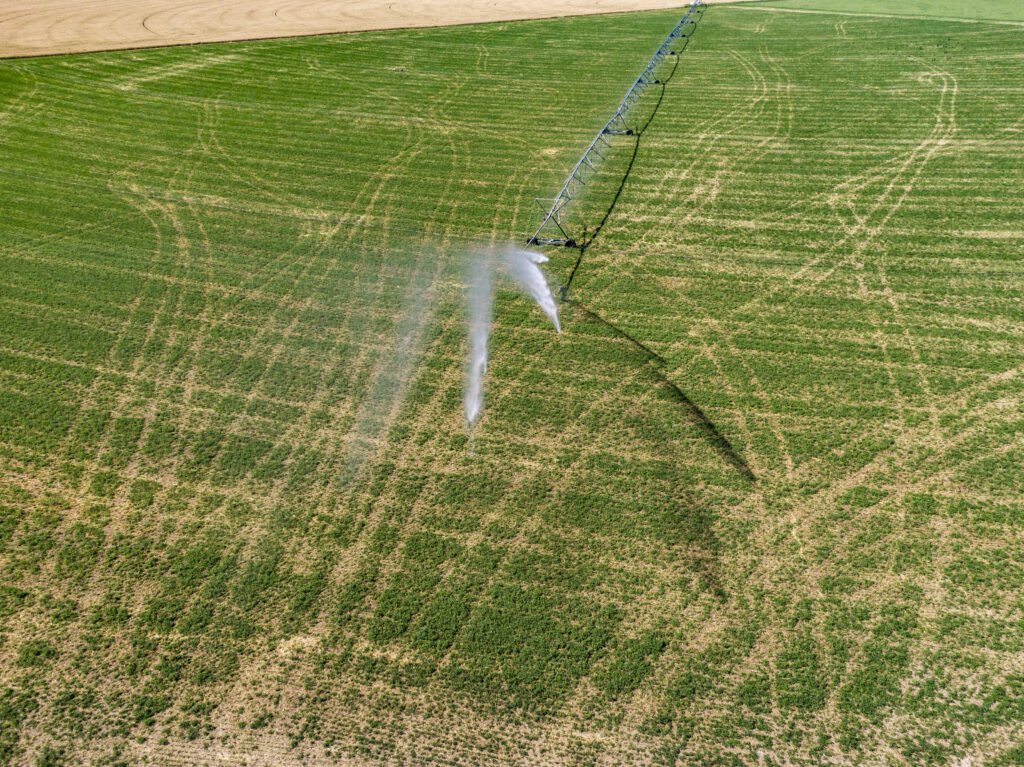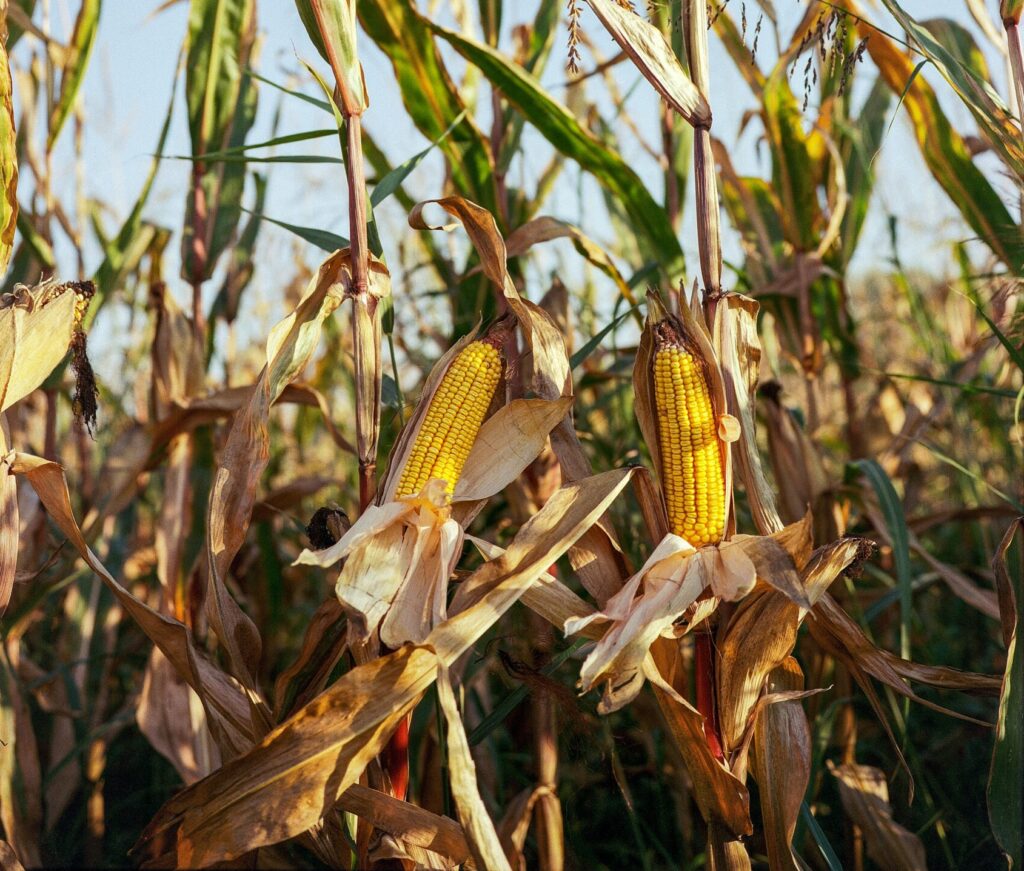Tap water can be used for indoor plants, but its suitability depends on a few factors, including the type of plant and the quality of your tap water.
Considerations for Using Tap Water:
Chlorine and Chloramine:
Many municipal water supplies contain chlorine or chloramine, which are added to kill bacteria and other pathogens. While chlorine can dissipate if you let the water sit out for 24 hours before using it, chloramine does not evaporate as easily. Some plants, especially more sensitive species like orchids or ferns, may not tolerate these chemicals well.
Mineral Content:
Tap water often contains minerals such as calcium and magnesium, which can accumulate in the soil over time, leading to a white crust on the soil surface or around the pot. This buildup can affect the plant’s health, particularly in plants that prefer softer water, like carnivorous plants or some tropical species.
Water Hardness:
Hard water, which has high levels of calcium and magnesium, can cause similar issues. Over time, it may raise the soil pH, making it more alkaline, which is unsuitable for plants that prefer acidic conditions.
pH Levels:
Tap water typically has a neutral to slightly alkaline pH. Most houseplants prefer slightly acidic to neutral soil. If your tap water is too alkaline, it could affect the availability of nutrients in the soil.
How to Make Tap Water More Plant-Friendly:
Let it Sit: If your tap water contains chlorine, fill a container and let it sit uncovered for 24-48 hours before using it on your plants. This allows the chlorine to dissipate.
Use a Filter: Consider using a water filter to remove chlorine, chloramine, and excess minerals. Filters can reduce the hardness of the water and remove impurities.
Mix with Rainwater or Distilled Water: If your tap water is very hard or high in minerals, mix it with rainwater or distilled water to reduce the mineral content.
Water Quality Test: If you’re concerned about the quality of your tap water, you can test it using a home water testing kit. This will give you information on pH, hardness, and the presence of specific minerals or chemicals.
When Tap Water is Not Ideal:
Some sensitive plants, such as orchids, carnivorous plants, and some tropical species, may struggle with tap water. In these cases, it’s better to use rainwater, distilled water, or water that has been treated to remove harmful chemicals and minerals.
Tap water is generally okay for most indoor plants, but it’s important to consider the specific needs of your plants and the quality of your tap water. If you notice signs of distress, such as leaf browning or mineral buildup, it may be worth exploring alternative water sources or treating your tap water before using it.






